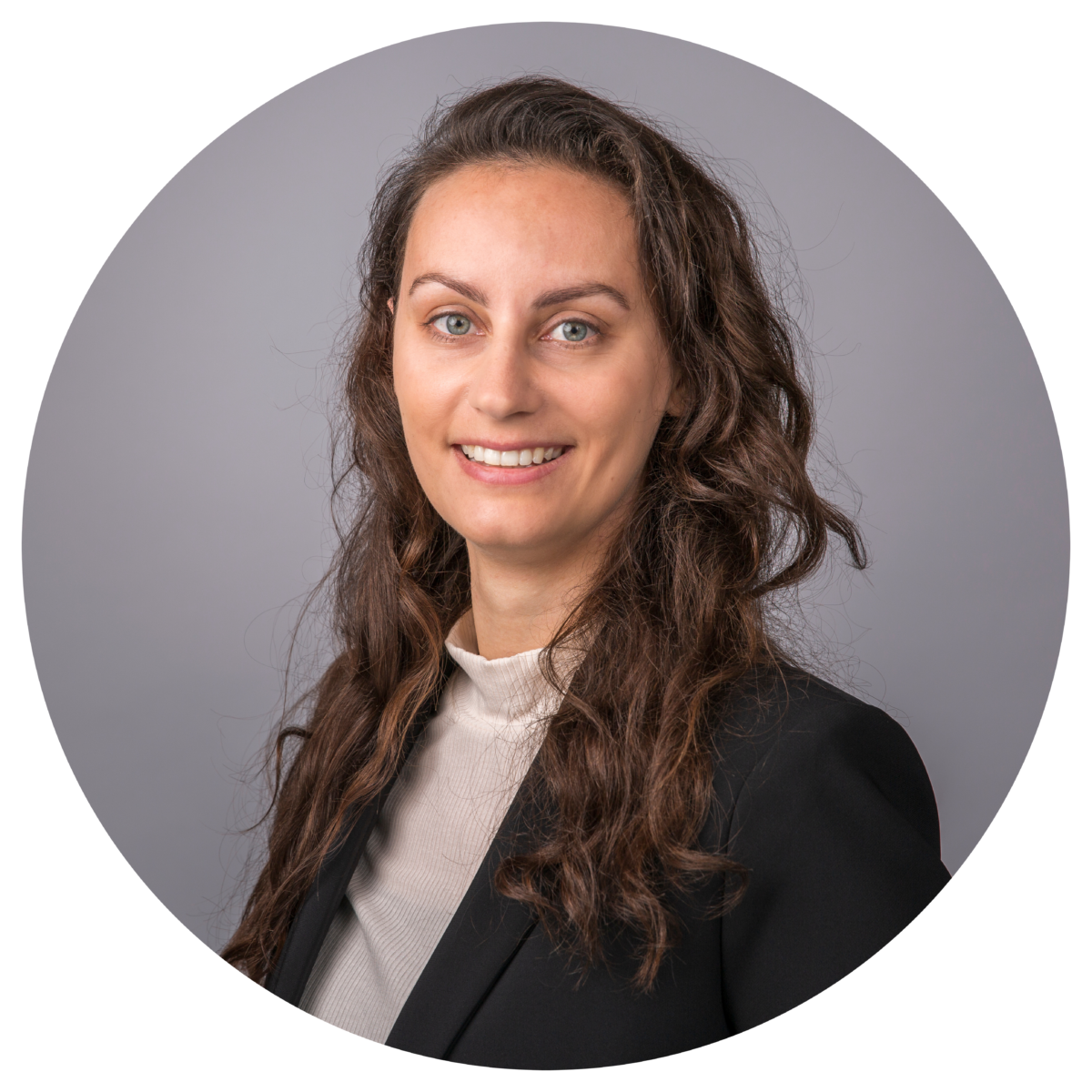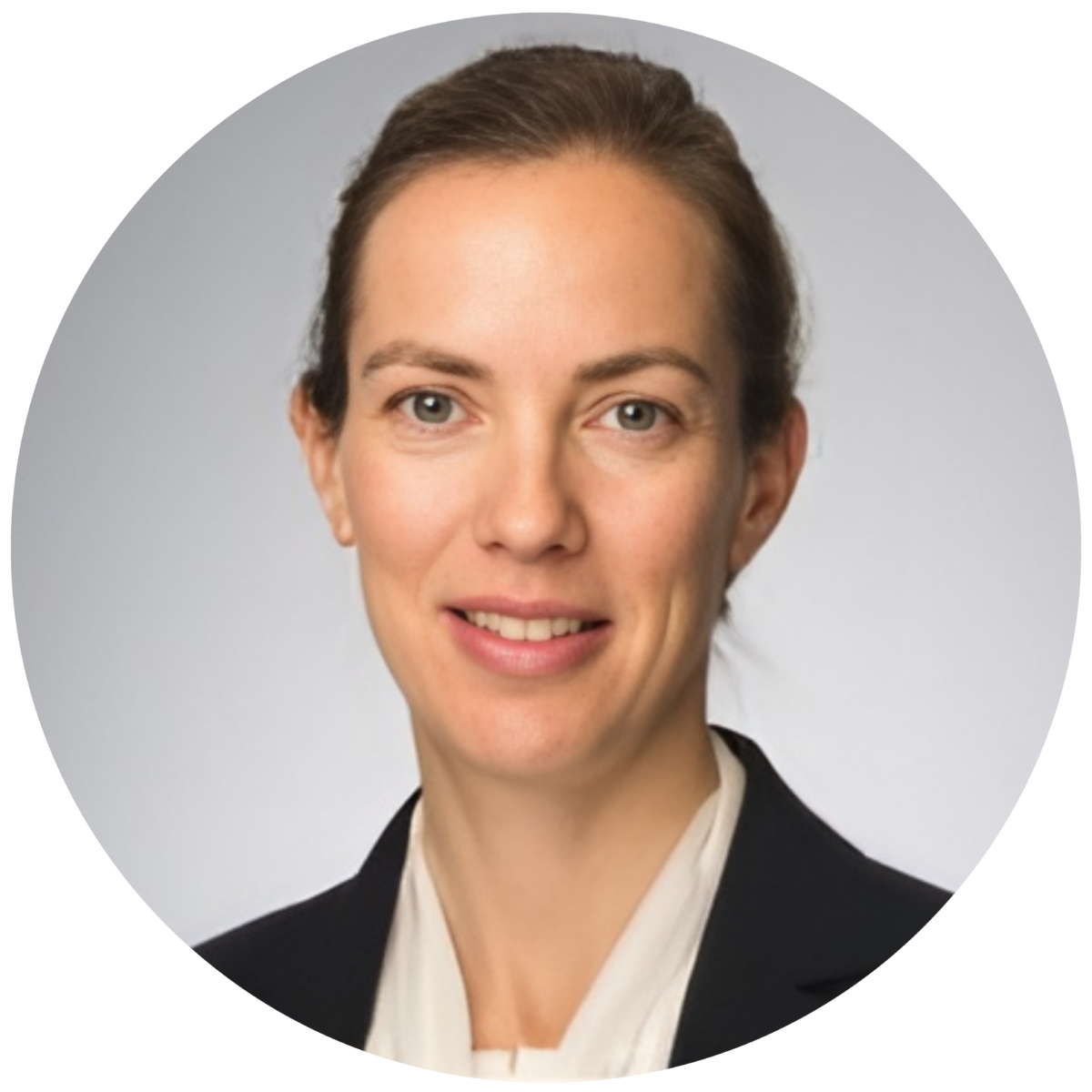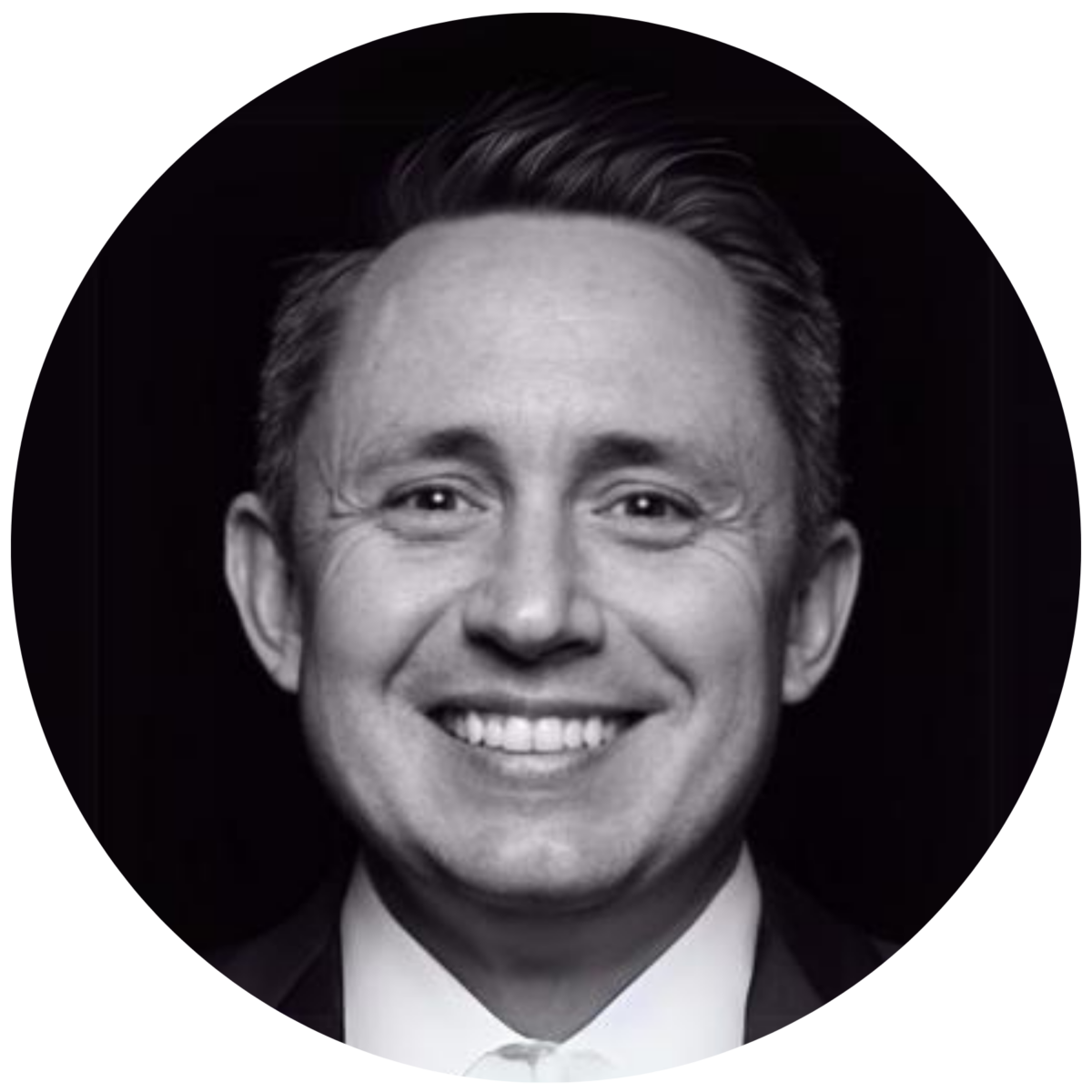
Introducing The Pulse by GRESB
The Pulse by GRESB is an insightful content series featuring the GRESB team, partners, GRESB Foundation members, and other experts. Each episode focuses on an important topic related to either GRESB, ESG issues within real assets industry, decarbonization efforts, or the wider market.
- Watch on Youtube
- Listen on Spotify
- Listen on Apple Podcasts
Perspectives from Infrastructure Investor Global Summit
For this episode of The Pulse by GRESB, we are bringing you a conversation recorded at the Infrastructure Investor Network’s Global Summit, which took place in March in Berlin, Germany. Discussions centered around ESG data and the evolving focus on sustainability in the infrastructure sector. Attendees emphasized the maturity and progress in ESG reporting, the challenges of data collection, the need for standardized carbon accounting, and the importance of tailored sustainability approaches to meet both financial and societal goals.
Watch the episode below, featuring:
Transcript
Can’t listen? Read the full transcript below. Please note that edits have been made for readability.
Featuring Joss Blamire and Cathy Granneman
Tyler Guthrie: I’m Tyler Guthrie, and I’m at the Infrastructure Investor Conference in Berlin, along with colleagues and a number of GRESB Members. We’re going to take a brief look at the conversations upstairs in the conference rooms and amongst everyone who has assembled. So, first off, Joss Blamire and Cathy Granneman from GRESB.
Cathy Granneman: Yes, hello, Cathy here. I sit on the Member Relations Team at GRESB, and I look after our infrastructure members in the EMEA region. I’ve been hearing lots of very interesting things today. What I think is also very noticeable is that the space is really maturing a lot in terms of sustainability. A few years ago, people were still really searching for: what are the main topics to talk about? What should be on our radar? How do we even start with the whole sustainability journey? And, now, the conversations have really demonstrated that there’s been a maturity in the industry of understanding sustainability and integrating it in a much deeper way. So, the questions are much more in-depth now.
Joss Blamire: Hi, I’m Joss Blamire, Director of Infrastructure at GRESB. This is my third year at the event in Berlin, and I’m just noticing the scale of the event. The ESG day on a Monday has grown massively over the last few years, and I think there’s now a real center of gravity around this event every year. All our key GRESB Members are here, and the wider industry as well. There’s no longer a discussion about whether to do ESG reporting. It’s about how you push the boundaries of it and how you create real value from ESG reporting. So, I think we’re seeing really positive progress, and this event is an excellent milestone for that.
Tyler Guthrie: Can you both tell me a little bit about your perspective on the depth of how [GRESB] Members are using ESG data now? It sounds like we’ve definitely moved beyond whatever top-line score to really diving into the specific indicators.
Cathy Granneman: Yes, absolutely. And I think, as Joss said, it’s really matured a lot. And, maybe a few years ago, people were trying to figure out how to do, say, a carbon footprint. How do I get my Scope 1 and 2 emissions? And now it’s much more about: “How do I integrate that information and take action on it? How do I actually manage my risks?” Just by having quantitative data, it’s not enough. You need to have done a lot more in terms of the qualitative side. That is really something that I think is standing out and how to grapple with that as well from a GP perspective, an LP perspective, and then how to build the value from there.
Joss Blamire: Yes, I think it’s aligning with a lot of what we’re doing in our roadmap for the Standards at GRESB. So, I’m seeing a lot more discussion around the quality of data and how you collect as much ESG data as possible. The main topics have broadly been decided on. There are, of course, some innovations every year. At this conference, you really see some new topics. Nature-based solutions and reporting is something we’re seeing this year. But, at the core, I think we know what we want to measure now, and people are really pushing for quality in the data and comparability between peers and across portfolios as well.
Featuring Sabine Chalopin
Tyler Guthrie: Thanks so much for joining me today on the couch.
Sabine Chalopin: Hi, I’m Sabine Chalopin from Denham Capital and I’m Head of Sustainability for the Denham Sustainable Infrastructure Team.
Tyler Guthrie: Fantastic. Thanks so much for taking the time to speak with GRESB. I’m curious — we just got started, but what sustainability-related topics are top of mind for you today? What are you thinking about?
Sabine Chalopin: Sure. So, I’ve actually just been on a panel around sustainability data. So, I think [that] data is a topic that has been discussed in previous years, but we’re still working through it, and that’s really key to pushing the sustainability agenda.
So, I think that’s one of the key topics. Of course, climate change and carbon footprinting is another key topic that I expect will be discussed a lot today. So, I look at sustainability issues across our portfolio, both on the equity and credit platform.
On the equity side, we’re focusing more and more on looking at potential net zero transition pathways for our investments. So, I think that’s very closely linked to what’s being spoken at today at the conference.
Tyler Guthrie: As far as Denham’s long-term sustainability goals, as you’re thinking about net-zero alignment or target setting, as you’re thinking about data collection, whatever needs you have, where do you see the major focuses for you in the next couple of years?
Sabine Chalopin: Yes, I think the focus will be very much around transition pathways. When we’ve been working on net zero, we realize how challenging it is. We haven’t ourselves set a net-zero goal because we want to be sure that if we make a goal or a commitment, we can follow it through. So, we’re working through it without making overtly public commitments.
Tyler Guthrie: Is there anything within that work that you’re doing that is a notable standout or something that you’re particularly focused on at the moment?
Sabine Chalopin: For all our our new portfolio companies, I’ve asked them to sign up to a platform to help with carbon accounting. I think one of the key challenges with data is the way it’s calculated — reporting it or calculating it in different ways and we are really trying to standardize the process.
Tyler Guthrie: And do you find that the way that this is currently working is just so divergent that it’s almost impossible to really make heads or tails of it?
Sabine Chalopin: Yes, I think one of the panelists actually made a great comment about how you can get three different consultants to help you with a carbon footprint, and you get very divergent data. And I think that’s a real shame because then you can understand why people are criticizing the ESG movement, and we need to really get better data from across the board.
Tyler Guthrie: Better data. More insightful use of the data. Try to actually extract what the data is actually telling us. Sometimes, the use is actually really limited based on that difference.
Sabine Chalopin: Exactly.
Tyler Guthrie: Well, fantastic. Thanks so much for joining me.
Sabine Chalopin: My pleasure.
Featuring Jon Collinge
Jon Collinge: My name is Jon Collinge. I look after the Sustainable Investment Program at Morrison. We’re a global infrastructure investor focused on energy transition, decarbonization, digital infrastructure, and, increasingly, healthcare. But we’ve also made some legacy investments in social infrastructure and things like airports and so forth.
Tyler Guthrie: And what sustainability-related topics are top of mind?
Jon Collinge: As a GRESB person, I think ESG data is a huge topic of conversation for me. If I’m being honest, our sector is so far behind. The reality is that GRESB has been helping the real estate sector since 2009, 2010, and the infrastructure sector has missed out on that, right? So, we’re an equivalent number of years behind right now, and it’s fascinating to be in the sector at the moment. I spoke on a panel a second ago about the value that can be created through ESG. And so, it’s not just seeing ESG as a data collection exercise or a reporting exercise, or even a risk management exercise, but also thinking about it as: how do we use ESG to create value for our assets and our investments and for our investors ultimately?
Tyler Guthrie: On the ESG data side, are you mostly focused on the collection itself? The standardization? What to do with it? Processing it? Where are you most focused at the moment?
Jon Collinge: So, the first thing I would say is [that] there’s a huge education piece going on. So, a lot of these assets that we acquire have never ever collected carbon data, let alone any other form of ESG data. Maybe health and safety, so I don’t want to be completely unfair, but they don’t even have a carbon footprint. So, we have a huge task in front of us about how we collect data. And what we have been doing is: we’ve not been trying to be those people that try to teach them. We try to let GRESB teach them how to collect data. And we save time in having a strategic conversation by just saying: “Look. We don’t want to talk to you about where your July electricity bill is. We want to talk to you about your strategic ESG approach. The one thing we’ll ask is that you do the GRESB Infrastructure Assessment. Do it well, and do a really good job on the data side. And we’ll go and self-service all the data we need from your GRESB submission.”
It’s been really powerful because that not only teaches them what they need to be doing, and they can go and find the resources they need, but it also allows us to be sure that we’re getting data on a like-for-like basis. We can actually bring the data together at the portfolio level because it’s all being reported on the same platform. So, we can really bring it together at the portfolio level, reporting to our clients, which is really powerful.
Tyler Guthrie: For sure. And I’m curious, notwithstanding the challenge that goes into collecting the data, understanding it, reporting on it, do the assets seem to understand the underlying value — what you’re going to use it for, how they can actually benefit from that data as well?
Jon Collinge: If I’m being honest, they don’t. But what I will say is we are collecting quite a broad set of data through GRESB as well, and we’re supplementing it with other data points. So, if we were just asking for carbon, they’d probably go: “Yes, completely understand. Carbon is a massive topic. We’re just talking about health and safety.” Yes, I get it. But when you’re trying to talk to me about water and waste [asking questions like]: “do you really need that level of data?” But, that’s where the battle is, and unfortunately, when you stray into that, the whole ESG data collection exercise gets tarnished with the same brush.
Tyler Guthrie: A common refrain. Obviously, there’s a lot of both education buy-in and understanding of intrinsic value that can actually be made at the end of the day. It’s definitely a journey for sure.
Jon Collinge: Well, just in terms of value creation, I should just quickly add that our ability to bring data together at the portfolio level has been really valuable because it’s helped us identify things that we didn’t know were a problem until we put the data sets together. An example of that [is] health and safety. So, we’ve got a portfolio of core infrastructure assets. They all provided their health and safety data. It wasn’t until we did the pie chart showing where the incidents were occurring that we realized that there was a major problem because all the incidents were occurring in this one office-based investment. It shouldn’t be an issue at all. Their incidents were higher than those of both of our airports combined, for example. And you go, well, that’s not right because it’s a much lower-risk environment. So what’s happening?
Tyler Guthrie: And that’s a really good example of drilling down into specific data points and trying to find operational insight, as opposed to just taking a top-level score.
Jon Collinge: 100%. The reality is that when you put all that data together and try to tell the story about it to your clients, that’s when you find the insights, information, and things you need to act on.
Tyler Guthrie: And whether you’re talking about data collection or the broader themes that are at the conference today, do you have a thought on what you’re focused on at Morrison in the next couple of years when it comes to ESG? Is it still data? Is it data plus something else? Where’s your head at?
Jon Collinge: I like to talk about the fact that our ESG program has no favorites. We’re trying to make all of our companies good to great in all E, S, and G elements. Once they’re there, then they can go off and excel in a certain area. Climate change is a massive area for us. Then, the other one, on climate again, is carbon targets. So, Morrison has become a signatory to the SBTi (Science Based Targets initiative), and so we’re about to go into that journey of getting all of our investee companies on the SBTi journey with us, which, in infrastructure land, is going to be complicated because it’s not just us. It’s all of our co-investors. It’s all of our stakeholders. We’ve got assets that don’t necessarily have clear pathways yet. So, we’ve got a journey ahead of us.
Featuring Ruairi Revell
Ruairi Revell: I’m Ruairi Revell, Head of Sustainability for core infrastructure strategy [at Aberdeen Invetment]. We invest across the small-to-big market in digital transport utilities and energy sectors.
I’ve just come out of a panel that I did on navigating the maze of ESG regulations. So, I think front and center for everyone is the new regulatory regime that sits around sustainability, particularly coming out of Europe. Obviously, the backdrop [is] in the United States as well. I think everyone is grappling with what it means for them, for their strategies, for their businesses, and ultimately, for the infrastructure assets they hold in their portfolios. What does good disclosure look like? How will it ultimately affect their investments? Will all this information and data tell them anything that they didn’t know already? How will it help them make better investment decisions [or] tell them about the sustainability risks they might have in their portfolio, and ultimately about the sustainability outcomes that their portfolio is generating?
Tyler Guthrie: That’s a wide array of issues. What does that mean for what you’re focused on? Are you finding yourself disproportionately on one of those topics more than another? Or are you trying to spread across all of those wide topics?
Ruairi Revell: So, for us, the philosophy I try to bring to our approach is one of — the term’s been coined recently — rational sustainability. So, we’re always thinking about this through the lens of what our investment objective is. So, it’s not that any one topic is always going to be top of the list. It’s [about asking]: “Well, okay, what affects value in this case for this specific opportunity? Is it climate?” It will probably always be an element of the analysis of climate-related factors. But, it could have something to do with technology change. It could have something to do with ecosystem services. It could be pollution risk. [It] could be related to water resources. It could be heat stress. So, we look at all opportunities with a long list of factors. Ultimately, we whittle those down to how important they are based on materiality.
And that really goes back to the idea that there isn’t a one-size-fits-all approach to sustainability. If we think about it just as part of how we generate long-term value, and that could be value in financial value — most funds at the moment still operate with a financial performance objective only. The value can also be value to society. And, increasingly, those two elements of value are coming together to be one and the same thing.





